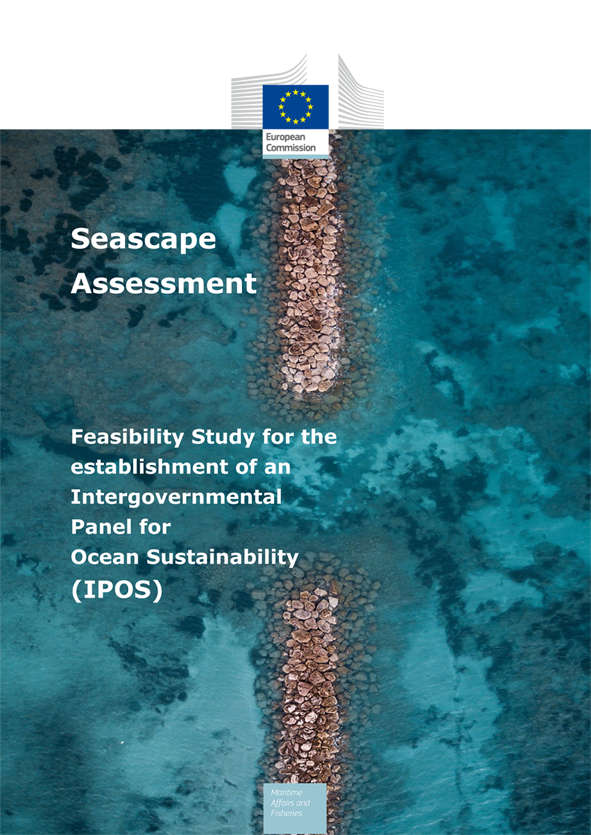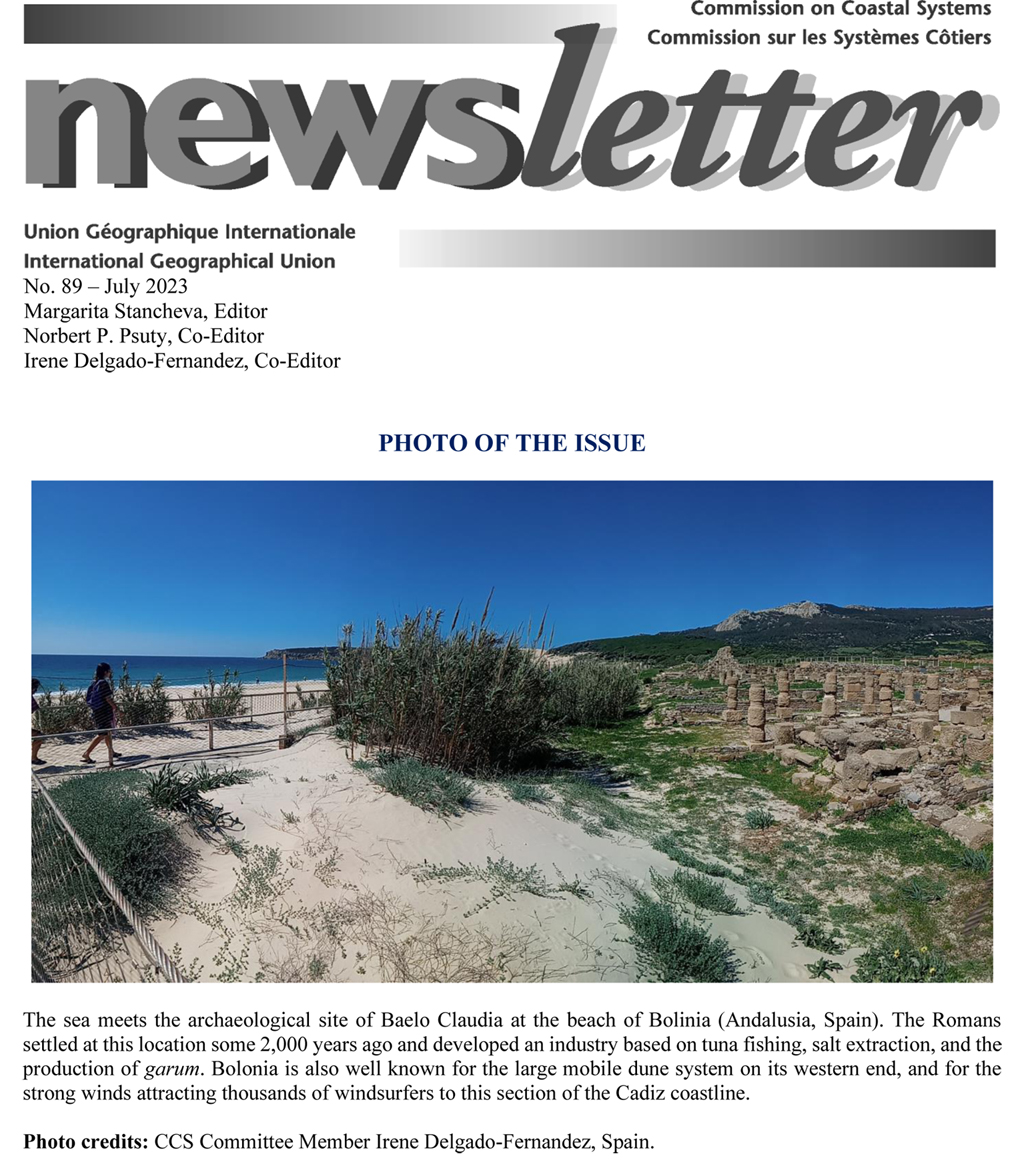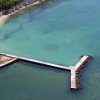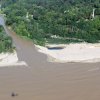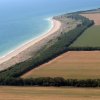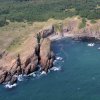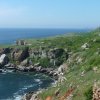Center for Coastal & Marine Studies
New EC publication: How to structure input data for MSP process, monitoring & evaluation
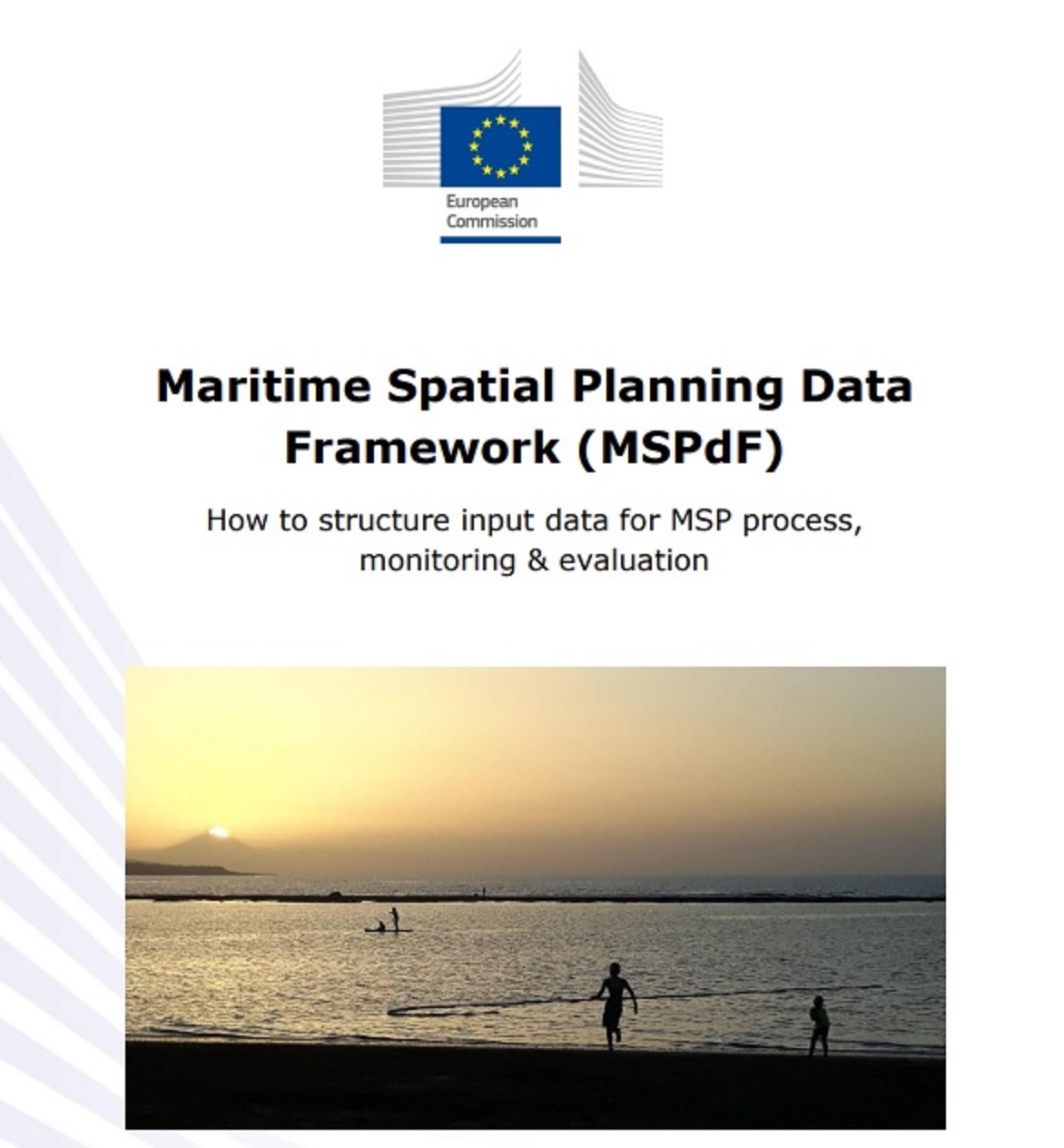
The process of Maritime Spatial Planning (MSP) requires the collection of spatial data and information related to a great variety of issues and processes. When facing the data collection task, it is necessary to answer questions such as: how can we define the marine environment or marine biodiversity? What type of data should be collected and included in the analysis for suitability zoning of economic activities, cumulative impact assessment or land-sea interactions? What are the relevant maritime and coastal uses? What type of information needs to be collected within the socio economic and governance topics?
To answer these important questions this document presents a conceptual framework proposed to be applied to identify and structure the data necessary for the development of maritime spatial plans. The MSP data framework (MSPdF) provides the structure to organise input spatial information and data that needs to be considered within the full MSP process.
A new EC study published: Seascape assessment
The EU recognizes the urgency to implement transformative action towards more sustainable management of the ocean in line with SDG 14 ‘Life Below Water’ of the 2030 Agenda for Sustainable Development. A key enabling factor to achieve this is missing in the ocean arena despite the recent advances in reshaping ocean governance through the UN High Seas Treaty (BBNJ) and the Global Biodiversity Framework under the Convention on Biological Diversity. Ocean science, data and information is not being transmitted to decision-makers effectively enough or regularly enough in a format that optimally serves evidence-based policies, in contrast with the more effective science-policy processes for climate and biodiversity.
Copernicus EU: Global sea surface temperature reaches a record high
Copernicus has recently announced that over the last four months, the globe as a whole has seen a long period of unusually high sea surface temperatures (SSTs). Global average SSTs remained at record high levels for the time of year throughout April, May and June 2023, a situation that has continued into July 2023, with the largest SST anomaly for any July on record.
Global average SSTs are typically at their highest in March. However, data from the Copernicus Climate Change Service (C3S) have shown that, after an initial sharp rise in early March and a slight dip during April and May, SSTs have continued to rise to reach the highest value in the C3S ERA5 dataset, 20.96°C on 31 July. This is slightly above the previous record, from March 2016, of 20.95°C. As well as daily SSTs remaining consistently above average, this year has seen the largest SST anomaly by far for any July in the dataset. At 20.89°C, the monthly average SST was on par with March 2016 as the highest for all months in the ERA5 record. It was also by far the highest on record for July, with an anomaly of 0.51°C.
Black Sea Surface Temperature cumulative trend map from Observations Reprocessing show the highest intensity among all the other European Seas
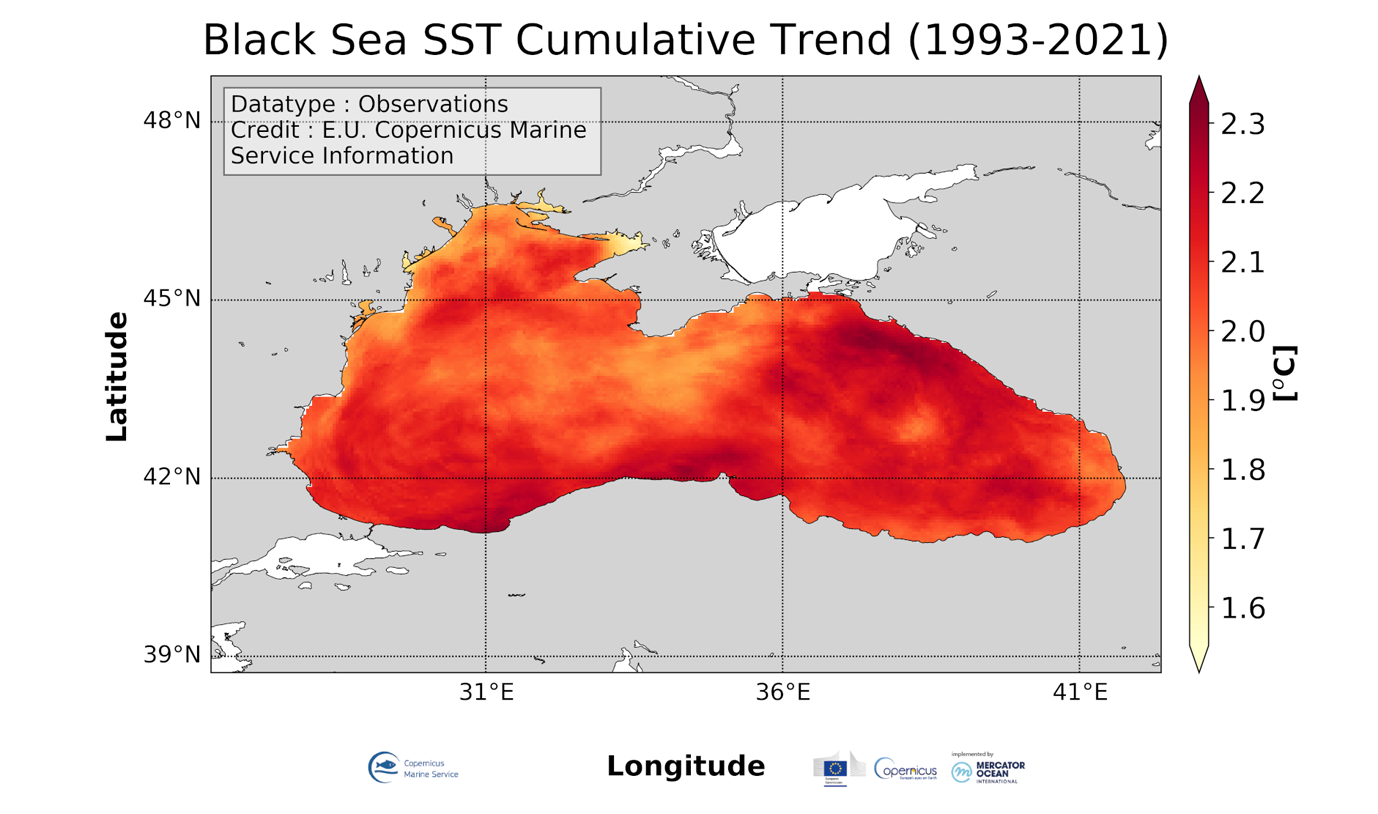
The spatial pattern of the Black Sea SST trend reveals a general warming tendency, ranging from 0.053 °C/year to 0.080 °C/year. The spatial pattern of SST trend is rather homogeneous over the whole basin. Highest values characterize the eastern basin, where the trend reaches the extreme value, while lower values are found close to the western coasts, in correspondence of main rivers inflow. The Black Sea SST trend continues to show the highest intensity among all the other European Seas.
https://data.marine.copernicus.eu/product/BLKSEA_OMI_TEMPSAL_sst_trend/description
DOI (product): https://doi.org/10.48670/moi-00218
CCS July 2023 Newsletter published and ready for read!
The Commission on Coastal Systems (CCS) to the International Geographical Union (IGU) is delighted to inspire you with July 2023 Newsletter: you can discover the latest news, CCS recent and upcoming activities, meetings and collaborations by following the CCS website: http://igu-coast.org/
The CCS Newsletter is issued twice a year and highlights the activities of the Commission on Coastal Systems and its members all across the world. If you would like to join CCS network, you only need to fill out the form at the end of the Newsletter or to get in contact with CCS!
Enjoy the content of CCS July 2023 Newsletter and participate by sharing information and disseminating it to your wide networks and interested readers. Please visit CCS website, join CCS coastal community, and share your exciting ideas and outcomes with CCS.
Commission on Coastal Systems, International Geographical Union
























